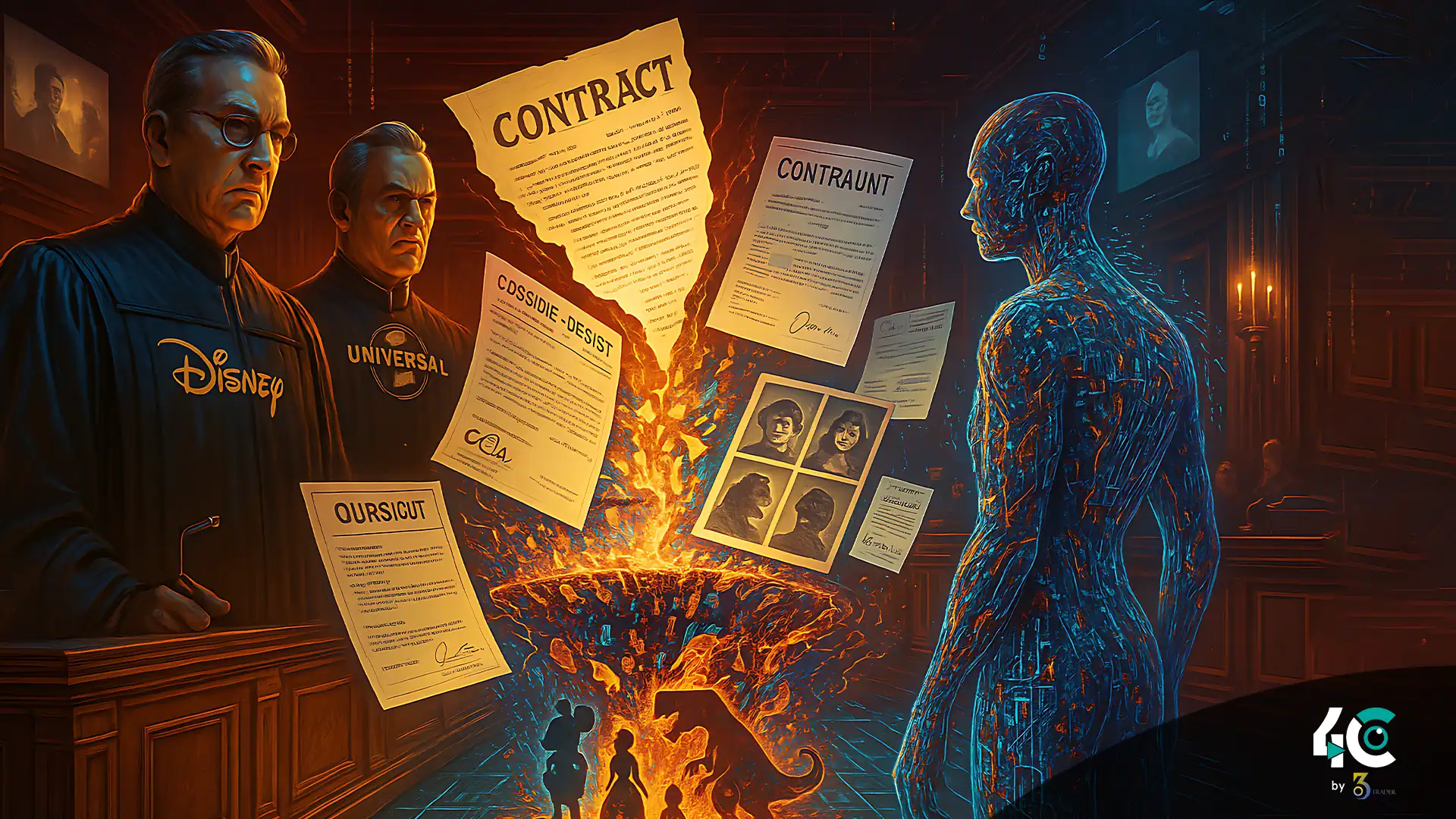Disney and Universal File Lawsuit Against Midjourney for AI Copyright Theft
Entertainment giants Disney and Universal have filed a federal lawsuit against Midjourney, the artificial intelligence-powered image-generation platform, accusing it of copyright infringement.
Filed in a Los Angeles federal court, the lawsuit alleges that Midjourney used copyrighted content without permission to train its AI, allowing users to generate realistic images of characters such as Darth Vader, Spider-Man, Elsa, Iron Man, and Shrek.
AI Image Generation Faces Legal Fire
The studios argue that Midjourney’s service has become a “bottomless pit of plagiarism,” enabling users to create near-exact copies of iconic characters. According to the legal complaint, the company has built its entire model off of unlicensed use of copyrighted materials—without any form of compensation or authorization from the original rights holders.
Despite private efforts by Disney to resolve the matter behind the scenes, the company says Midjourney ignored repeated warnings. Making things more serious, Midjourney has continued to expand its capabilities, including plans to roll out a video-generation tool.
Copyright Protection vs. AI Innovation
Horacio Gutierrez, Disney’s Chief Legal Officer, stated:
“We’re enthused about the potential of AI when deployed responsibly, but using our content without authorization is still piracy, no matter how sophisticated the tool is.”
Universal echoed the sentiment, emphasizing that character creation involves significant financial investment and creative labor that must be protected under copyright law.
The studios point out that if Midjourney can apply filters for nudity or violence, then it is technically feasible to apply copyright filters to prevent unauthorized content as well.
Midjourney Faces Injunction and Damages
The lawsuit seeks a preliminary injunction to stop Midjourney from continuing operations unless strict copyright protections are implemented. Disney and Universal are also demanding monetary damages, claiming the AI company earned an estimated $300 million in subscription revenue last year alone.
This lawsuit marks one of the first major legal challenges from Hollywood against generative AI platforms, following similar complaints by authors, visual artists, and musicians.
A Turning Point in the AI Copyright Battle
As generative AI becomes more prominent across industries, the legal confrontation between Hollywood and tech signals a broader reckoning with how intellectual property rights will be upheld in the AI era.
The outcome of this case could establish a significant legal precedent for the future of AI in entertainment and beyond, thereby defining the delicate balance between innovation and infringement.



























